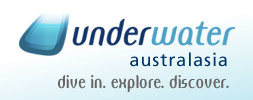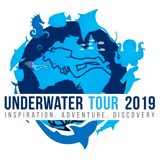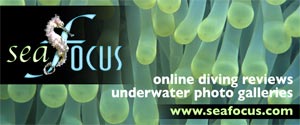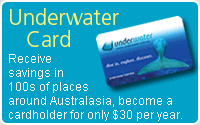
Christmas Island crab colony faces extinction
CHRISTMAS Island's world-famous red crabs are facing extinction, along with many other unique species, according to an authority on the island's environment. Dr Laurie Corbett said billions of tiny ants that could kill a crab in two hours had halved the crab population over the past 10 to 15 years and could, within a few years, threaten the species with extinction.
Wildlife-watchers and documentary makers from around the world are due on Christmas Island shortly to observe the annual migration of the crabs to the ocean from the island's rainforests.
Dr Corbett said the catastrophic decline in crab numbers on the island, from an estimated 120,000 in the 1990s to 50,000-60,000 today, was caused by the spread of yellow crazy ants, an introduced species that most probably arrived on the island decades ago on imported timber products.
"Crazy ants spray formic acid when the crabs disturb them. This acid initially blinds the crabs, then within a couple of hours they will begin foaming at the mouth and then die within 48 hours,'' he said.
"The ants then eat the dead crab.''
Dr Corbett said that if crab numbers fell below 40,000, the colony could become unviable and face extinction.
Christmas Island is the only place in the world where the crabs are found.
Aerial and ground baiting programs carried out by the National Parks Authority since 2002 have failed to stop a population explosion of ants, which Dr Corbett said had formed super colonies.
"Super colonies have ant populations of more than 1000 ants a square metre,'' he said.
"Once the ants reach these sorts of densities, they are almost impossible to eradicate.
"The problem with poisoning the ants is that it not only kills the ants, it does unknown harm to other species and, so far, it hasn't stopped the spread and growth of the ant colonies.''
Dr Corbett said many other unique native animals, including the Christmas Island frigatebird and Abbot's booby bird, were also threatened with extinction from competition and by falling prey to more than 20 introduced species. These ranged from feral cats and chickens to giant African snails.
Dwindling numbers of native species could also dash hopes of an eco-tourism industry for the island after the inevitable closure of its only industry, phosphate mining.
Christmas Island Phosphate, which operates the mine, is locked in a legal battle with the Federal Government over an application to extend its mining lease and the life of the mine.
From Perth Now:
http://www.news.com.au/perthnow/story/0,21598,22814459-2761,00.html
![]() Contributed by Tim Hochgrebe added 2007-12-17
Contributed by Tim Hochgrebe added 2007-12-17
![]() Login or become a member to join in with this discussion.
Login or become a member to join in with this discussion.

 AOI Australia
AOI Australia
AOI underwater photographic products - a professional OEM/ODM underwater camera casings and underwater electronic products manufacturer. Great quality wet lenses for underwater photography.
Articles
-
 Cuttlefish - the shapeshifters
Cuttlefish - the shapeshifters
- The name of this most beautiful and fascinating creature is a bit confusing, since it is not a fish at all. The cuttlefish belongs to the Phylum Mollusca, Class Cephalopoda (literally: head-footers) and is closely related to the octopus and squid.






